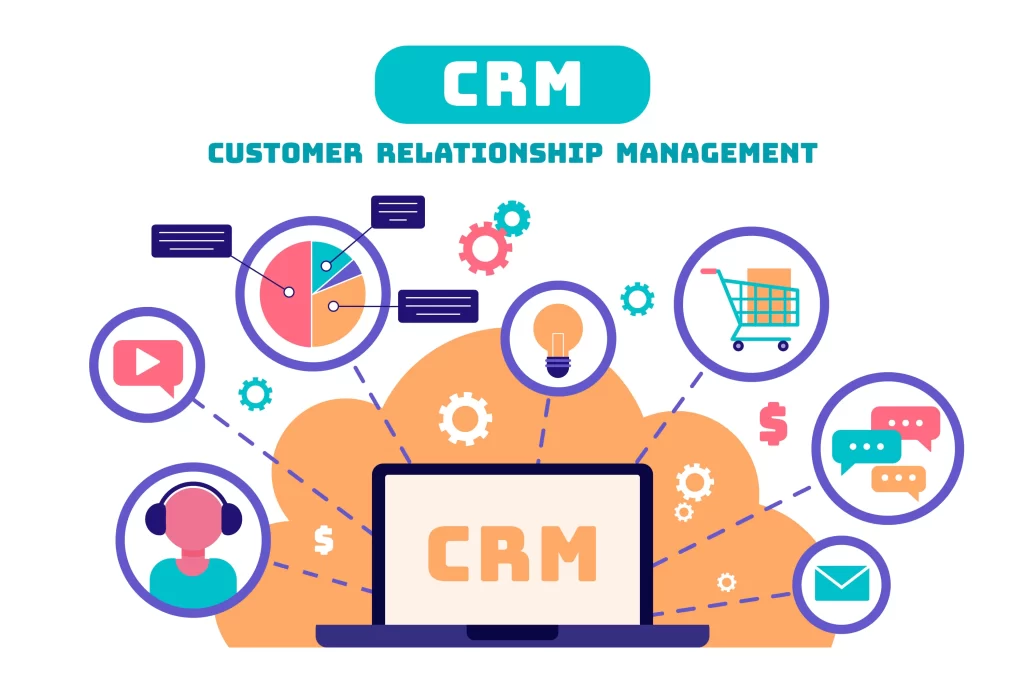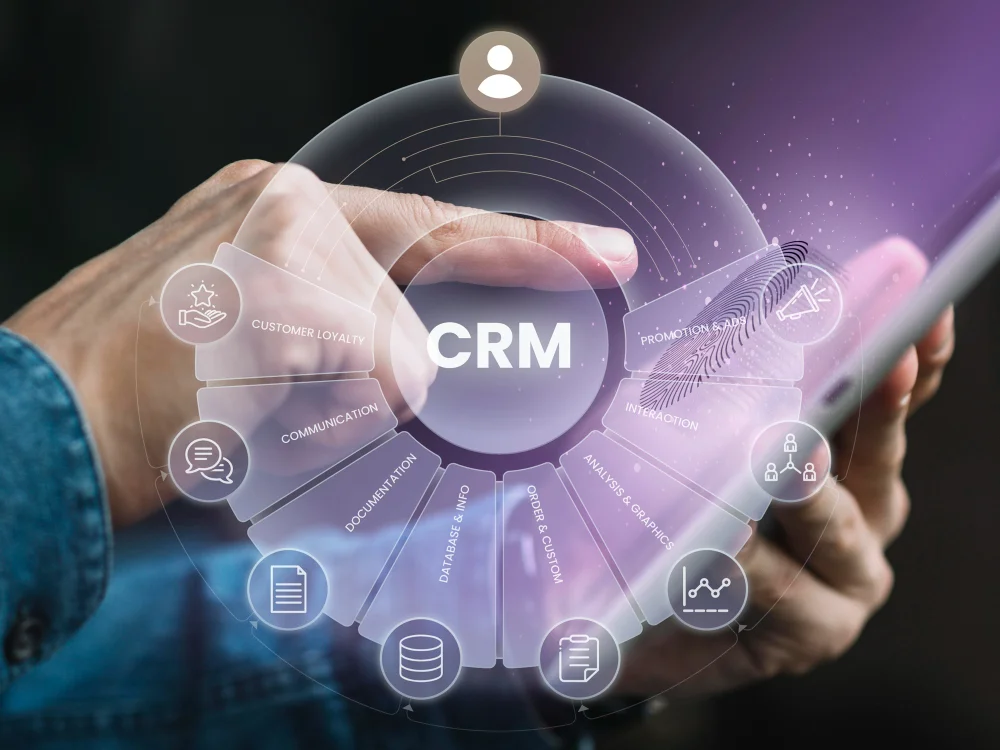Building and maintaining strong relationships with customers is essential for success in today’s highly competitive business landscape. Customer Relationship Management (CRM) has emerged as a vital tool for businesses to effectively manage interactions with current and potential customers. But what exactly is CRM, and how does it transform business connections?
Understanding CRM:
At its core, CRM is more than just a software solution; it represents a comprehensive strategy for businesses to effectively manage their relationships and interactions with customers. By consolidating customer data and harnessing technological advancements, CRM equips companies with profound insights into customer behavior, preferences, and requirements. This holistic understanding empowers businesses to tailor their sales, marketing, and customer service efforts to meet customer expectations and build lasting relationships. Ultimately, CRM serves as a catalyst for enhancing customer satisfaction and loyalty, driving sustainable growth and success in today’s competitive marketplace.
Key Components of CRM:

Customer Data Management: CRM systems centralize customer data, including contact information, purchase history, preferences, and interactions across multiple channels. This comprehensive view of the customer allows businesses to personalize interactions and deliver targeted marketing campaigns.
Sales Automation: CRM platforms automate repetitive sales tasks such as lead management, opportunity tracking, and forecasting. By optimizing these procedures, sales teams can dedicate greater attention to cultivating relationships and finalizing transactions.
Marketing Automation: CRM systems enable marketers to create and execute personalized campaigns based on customer segmentation, behavior, and preferences. Automated workflows ensure timely follow-ups and nurture leads through the sales funnel.
Customer Service and Support: CRM solutions facilitate efficient customer service by providing agents with access to customer information, previous interactions, and issue resolution history. This empowers agents to deliver personalized and proactive support, enhancing the overall customer experience.
Analytics and Reporting: CRM platforms provide extensive analytics and reporting functionalities, empowering businesses to glean invaluable insights into customer behavior, sales efficacy, and marketing impact. These insights drive data-driven decision-making and continuous improvement efforts.
How CRM Transforms Business Connections:

Enhanced Customer Understanding: By consolidating customer data and interactions, CRM enables businesses to gain a deeper understanding of their customers’ needs, preferences, and pain points. This insight allows for more personalized and targeted engagement, fostering stronger connections with customers.
Improved Communication and Collaboration: CRM systems facilitate seamless communication and collaboration across departments, ensuring that sales, marketing, and customer service teams are aligned in their efforts to serve customers. This coordination leads to more cohesive and effective interactions with customers at every touchpoint.
Increased Efficiency and Productivity: Automation of repetitive tasks and workflows frees up valuable time for employees to focus on high-value activities such as building relationships and driving revenue. This heightened efficiency leads to improved productivity, ultimately resulting in better overall business performance.
Proactive Relationship Management: With access to real-time customer data and analytics, businesses can identify opportunities for upselling, cross-selling, and proactive customer engagement. By preempting customer needs and preferences, businesses can fortify connections and stimulate revenue growth.
Continuous Improvement: CRM systems provide actionable insights into customer behavior and business performance, enabling businesses to identify areas for improvement and optimization. By iteratively refining strategies and processes based on data-driven insights, businesses can continuously enhance the customer experience and strengthen business connections.
Conclusion
In conclusion, CRM is not just a technology solution; it’s a strategic approach to managing customer relationships and transforming business connections. By leveraging CRM systems and practices, businesses can gain a competitive edge by delivering personalized experiences, fostering stronger relationships, and driving long-term success in today’s customer-centric marketplace.



